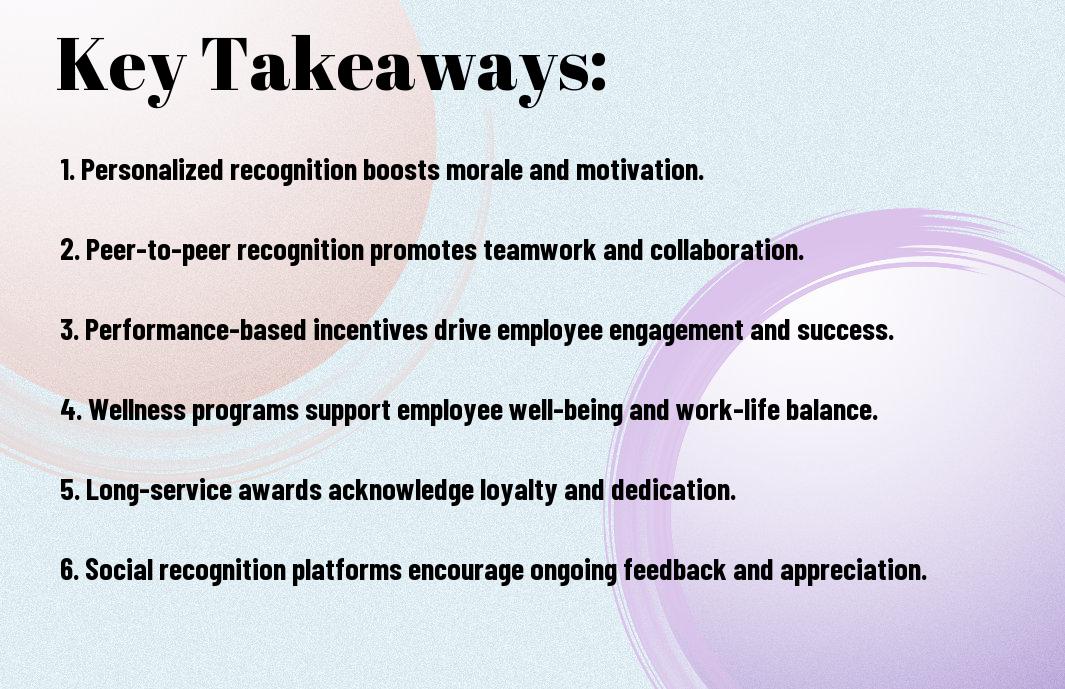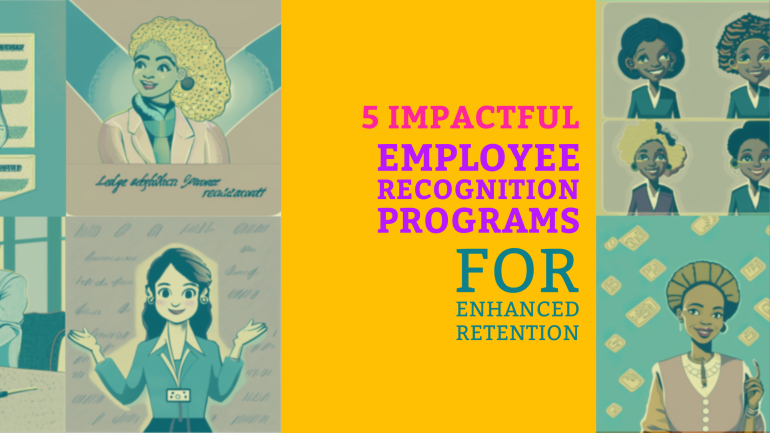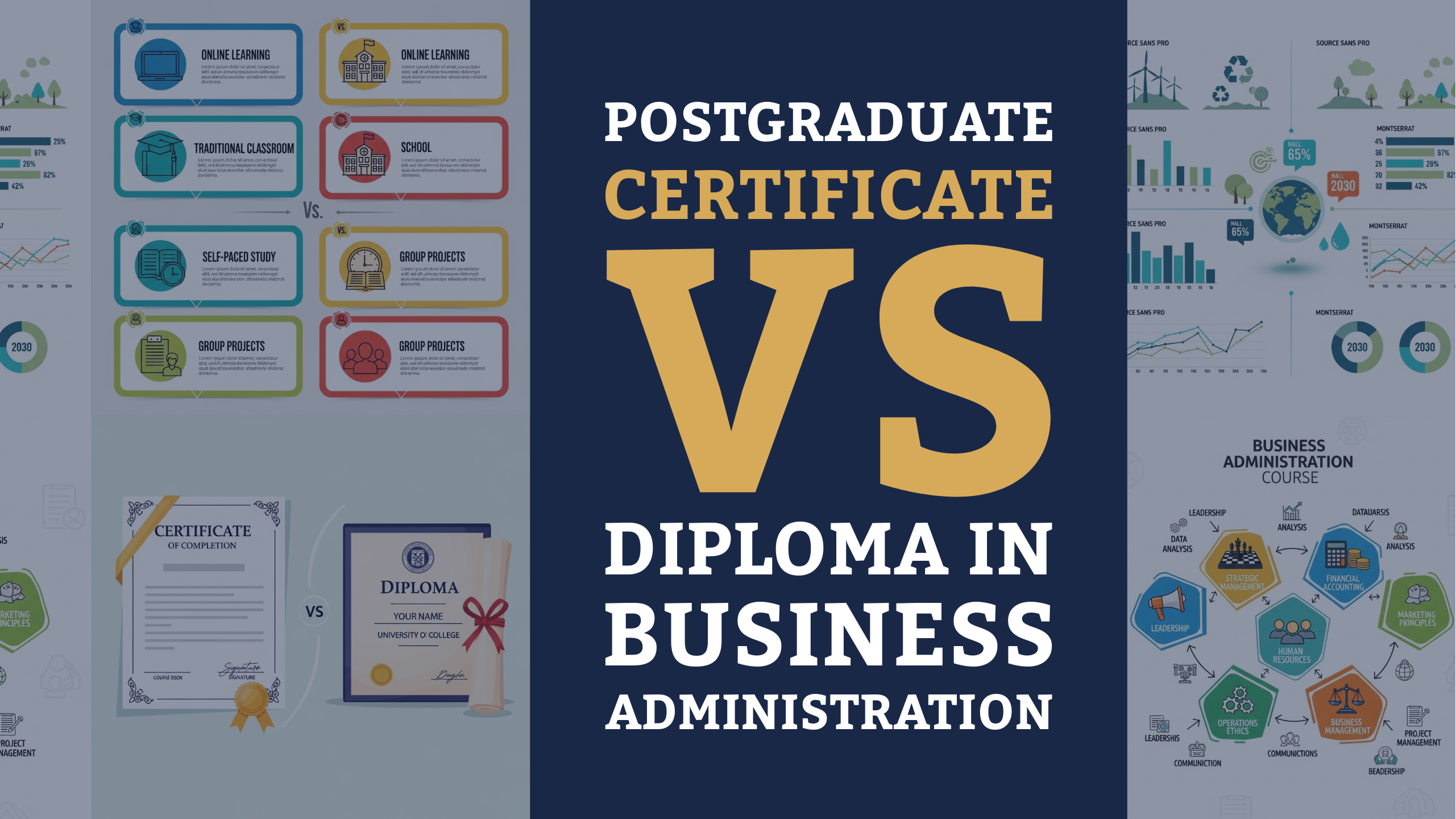Table of Contents
TL;DR: Employee Recognition Programs for Enhanced Retention
- Personalized Recognition: Tailoring recognition efforts to individual preferences can significantly boost employee morale and retention.
- Social Recognition Platforms: Utilizing technology to create a platform for peer-to-peer recognition can foster a culture of appreciation and teamwork.
- Wellness Programs: Implementing wellness initiatives as part of recognition programs can promote employee well-being and increase job satisfaction.
- Leadership Development Opportunities: Offering training and development opportunities as a form of recognition can enhance employee engagement and retention.
- Rewards and Incentives: Providing tangible rewards and incentives for exceptional performance can motivate employees to strive for excellence and stay committed to the organization.
Programs designed to recognize and appreciate employees play a crucial role in enhancing retention rates within organizations. In today’s competitive job market, employee recognition programs are more important than ever to boost morale, foster loyalty, and increase productivity among team members. Finding the right employee recognition programs can be a game-changer in retaining top talent and creating a positive work environment. Here are five impactful employee recognition programs that can significantly improve retention within your organization.


Tailored Recognition Programs
Peer-to-Peer Recognition Systems
Recognition from peers can be a powerful motivator for employees. Any company looking to enhance employee retention should consider implementing a peer-to-peer recognition system. This approach allows employees to nominate their colleagues for outstanding work, fostering a culture of appreciation and teamwork.
Milestone Celebrations
Recognizing employees for reaching milestones such as years of service or significant achievements is crucial for boosting morale and fostering loyalty. With milestone celebrations, employees feel valued and appreciated for their dedication and contributions. It’s a way to show gratitude for their hard work and dedication.
It is important to make these celebrations personal and memorable, ensuring that employees feel their efforts are truly recognized and valued by the organization. This can include personalized gifts, public recognition, or special events to commemorate the milestone.

Results-Driven Recognition Strategies
Performance-Based Awards
The key to effective employee recognition lies in linking rewards directly to performance. Performance-based awards are a powerful tool to incentivize employees to achieve their best. By setting clear performance metrics and recognizing employees who exceed expectations, organizations can drive a culture of high performance and motivation.
Non-Monetary Acknowledgment Programs
Acknowledgment of employees for their hard work and dedication doesn’t always have to come in the form of monetary rewards. Non-monetary acknowledgment programs such as public recognition, certificates, or extra time off can be just as impactful in boosting morale and engagement. These programs focus on the intrinsic values employees seek beyond financial incentives.
This type of recognition is particularly effective in fostering a sense of belonging and appreciation among employees. Employees value recognition of their efforts, skills, and contributions to the organization. Non-monetary acknowledgment programs also provide a cost-effective way for organizations to show appreciation and motivate employees without draining financial resources.
Technology-Integrated Recognition Platforms
Social Recognition Software
For organizations looking to enhance employee recognition, social recognition software can be a game-changer. This technology allows employees to publicly recognize and appreciate their peers’ contributions in a social media-like platform. It fosters a culture of appreciation and teamwork while providing a transparent way to showcase accomplishments.
Gamification and Recognition
Recognition through gamification introduces an element of fun and competition to the workplace. By incorporating game-like elements such as points, badges, and leaderboards, employees are incentivized to achieve their goals and receive recognition for their efforts.
Gamification software can be integrated into performance management systems to track progress and provide instant recognition for milestones achieved. This motivates employees to stay engaged and productive while driving business results.
Fostering a Culture of Appreciation
Leadership Involvement in Recognition
Not only do employees want recognition from their peers, but they also crave acknowledgment from their leaders. An organization’s culture of appreciation is significantly influenced by how leaders engage in recognizing and appreciating their team members’ efforts. When leaders actively participate in employee recognition programs, it sets a powerful example for the rest of the team to follow.
Continuous Feedback Mechanisms
Leadership plays a crucial role in establishing and maintaining continuous feedback mechanisms within the organization. It is vital for leaders to encourage open communication channels where employees can provide feedback, receive acknowledgments, and suggest improvements. This continuous feedback loop fosters a culture of transparency and trust, allowing employees to feel valued and heard in the workplace.
Summing up
Conclusively, implementing impactful employee recognition programs can significantly contribute to enhancing employee retention. By acknowledging and rewarding employees for their hard work, dedication, and achievements, organizations can boost employee morale, foster a positive work culture, and ultimately reduce turnover rates. Whether it’s through peer recognition, milestone celebrations, spot bonuses, gamification, or personalized awards, the key is to tailor the recognition programs to align with the company’s values and employees’ preferences. Investing in employee recognition not only improves retention but also leads to increased engagement, productivity, and overall organizational success.
FAQ
Q: Why is employee recognition important for enhanced retention?
A: Employee recognition is important for enhanced retention because it boosts morale, increases employee engagement, and fosters a positive work culture where employees feel valued and appreciated.
Q: What are some effective employee recognition programs?
A: Some impactful employee recognition programs include peer-to-peer recognition, employee of the month awards, spot bonuses, career development opportunities, and personalized thank you notes or messages.
Q: How does peer-to-peer recognition contribute to employee retention?
A: Peer-to-peer recognition fosters a sense of teamwork and collaboration among employees, strengthens relationships, and creates a supportive work environment, ultimately leading to increased employee satisfaction and retention.
Q: Can spot bonuses improve employee retention?
A: Yes, spot bonuses are a powerful incentive for employees to perform at their best, exceed expectations, and stay motivated. When employees are rewarded for their hard work and dedication, they are more likely to remain loyal to their organization.
What role does career development play in employee retention?
A: Career development opportunities such as training programs, mentoring, and promotions demonstrate a company’s investment in its employees’ growth and success. By offering avenues for professional advancement, organizations can retain top talent and reduce turnover rates.





